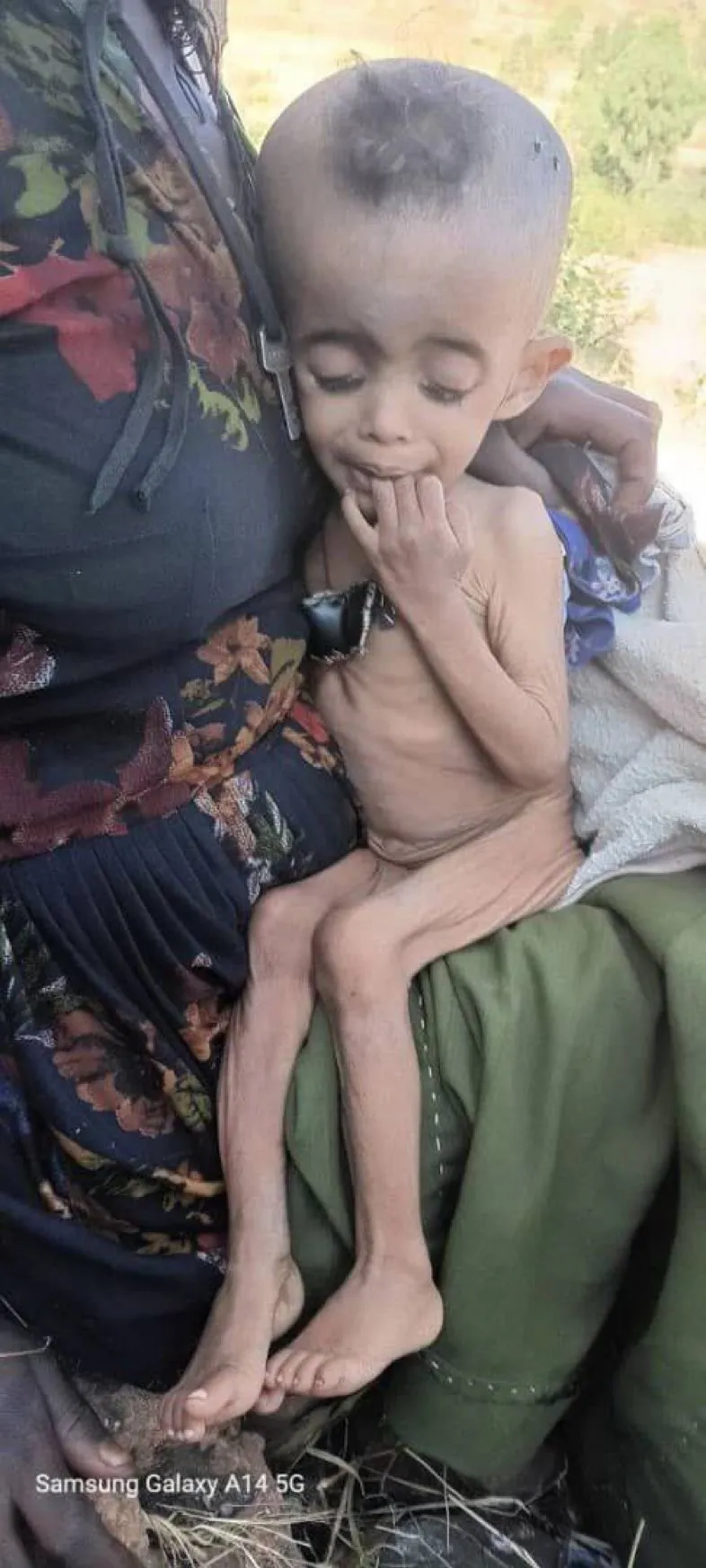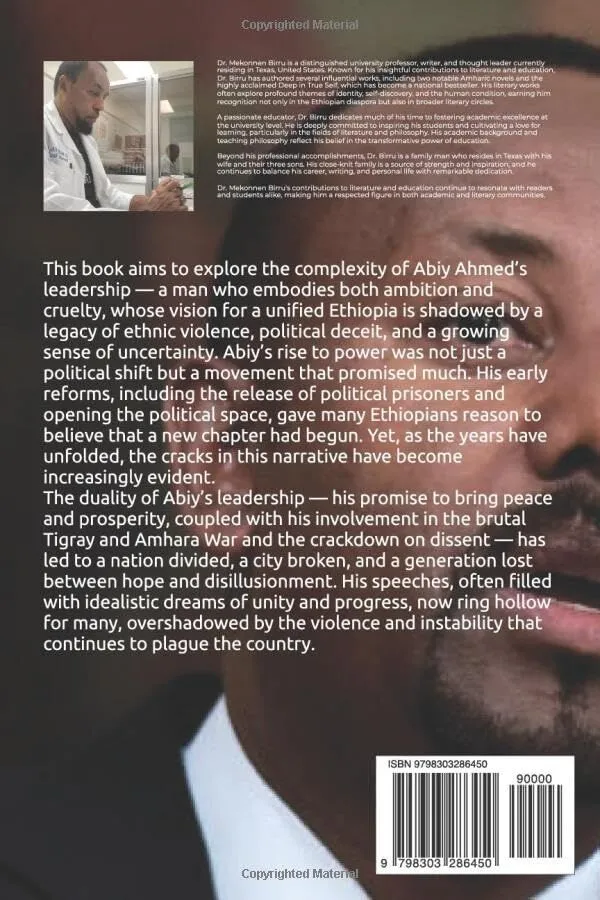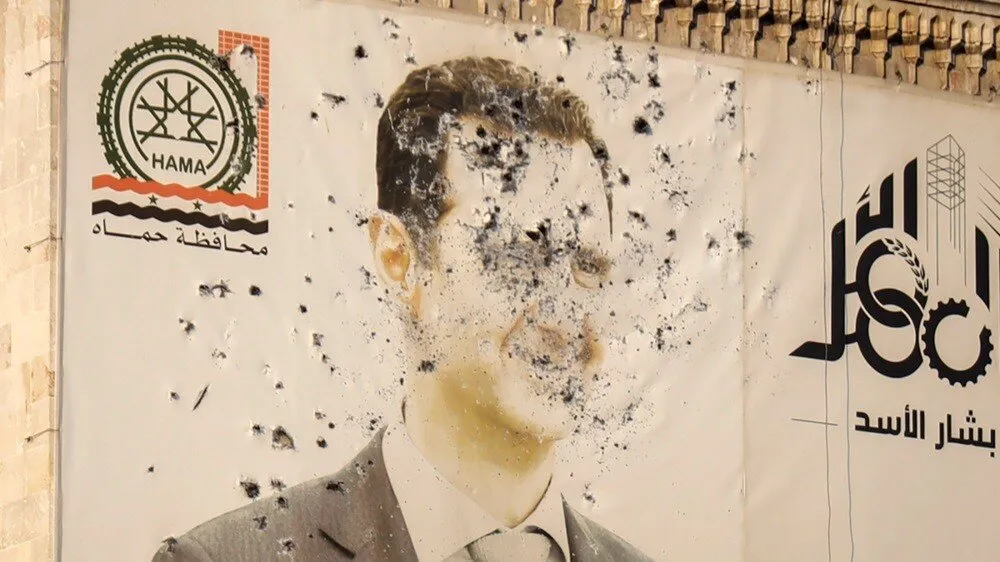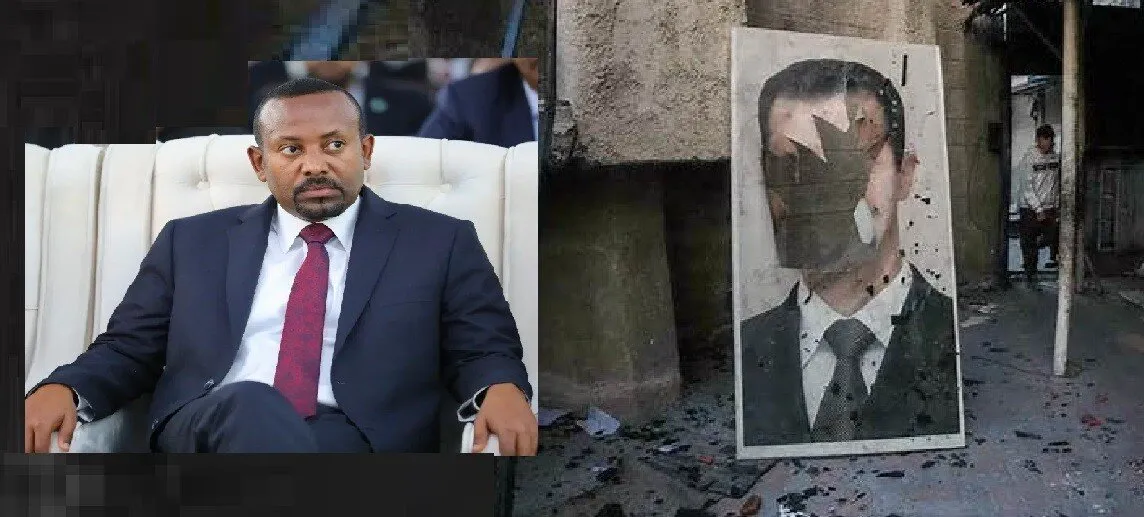By Messay Kebede
Meles Zenawi’s blatant hatred of Ethiopia is a puzzle that Ethiopian intellectual circles have in vain tried to decipher. While some propose the suggestion that the hatred betrays his commitment to his Eritrean side, others consider it as an expression of his ethnic racism. Still others remain baffled, unable as they are to understand how he revels in denigrating the object of his obsession, namely, state power. One thing is sure, however, they all agree on the idea that his overall policy and its day-to-day implementation make sense only from the vantage point of a project to ransack Ethiopia’s resources and leave the rest to the vultures of ethnic secessionism. Harsh dictators have ruled Ethiopia in the past, but all considered themselves as Ethiopians. What is new with Meles is his anti-Ethiopian stand and his open contempt for whatever is Ethiopian.
Yet, one important element liable to explain Meles’s hatred has been with us for quite some time. I have in mind the history of his family, which is a history marred by collaboration with the occupying Italian forces. Notably, his grandfather not only worked for the Italians, but he was also an appointee and an office holder. What this means is that Meles had to deal very early with this family shame, which according to testimonies brought scorn and isolation on his family.
Now, there are two ways of dealing with this kind of existential predicament. There is the positive way according to which the person affected by family disgrace tries to behave in such a way as to repair the fault. In the case of Meles, this would mean showing a renewed and active commitment to Ethiopia. This is the path of expiation, which requires a serious self-examination and, mostly, a great amount of courage. All the available and trustworthy testimonies about Meles agree on the fact that courage was and is not one of his virtues.
There remains the second path, which is negative and consonant with the lack of courage. It is the path of denial, that is, the denial of betrayal. In order to accomplish this metamorphosis, Meles has to demean Ethiopia and devalue all its accomplishments. The more he belittles Ethiopia, the more he weakens the gravity of the family betrayal, and the less guilty and stained he feels. There was no betrayal since what his family supposedly betrayed was just a trash.
The path of denial nurtures hatred for the simple reason that hatred is a self-defense, a counter to the feeling of being despised by others. When you feel that other people despise you, you react by developing an intense dislike for them as a way of protecting yourself. If you hate them, you get rid of all scruples and sensitivity and adopt the principle that all means are good to hurt them.
This hatred partially explains Meles’s rapid rise to the leadership of the TPLF. Who else could best express and incarnate the rage of the TPLF against the Ethiopian state and army but Meles, who in addition to sharing with other members the resentment against the marginalization of Tigray, had on him the personal scar of national betrayal. While anger motivated most members, Meles had a stronger torment: he was humiliated and could not rest until he humiliated the source of his own dishonor.
Meles’s characterization of the Ethiopian national flag as nothing but a trash, his persistence in reducing Ethiopian history to mere conquest and subordination, his delight in debunking Ethiopian heroes, his ritual of jailing pro-Ethiopian leaders and releasing them after forcing them to sign degrading letters, etc., are all part of his strategy to humiliate Ethiopia in order to feel good about himself. Add to this that his long-standing hatred has been reignited by his electoral defeat in 2005, which defeat he was quick to interpret as another attempt to humiliate him. Because the defeat revived an old wound, his crackdown on the opposition and protesters was bound to be brutal.
This is, then, an appeal to Meles urging him to psychoanalyze himself so as to become aware of the deep wound that constantly perverts his policy and contradicts his dream of becoming a great leader. As we all know, in matters of spiritual illness, awareness of the cause is an efficient cure so that the second path, the path of expiation through great deeds is still open to him. No amount of power can erase his shame so long as Meles continues to hang his rehabilitation on the trashing of Ethiopia. For the more he lowers Ethiopia, the less gratifying becomes his dominion. This contradiction is the reason why he wants more power, even though the discredit of the nation cheapens his power. In other words, the cure lies, not in the mistreatment of Ethiopia, but in its promotion, that is, in the commitment to overcome his shame through good works.
(Prof. Messay Kebede can be reached at mkebede1@udayton.edu)















